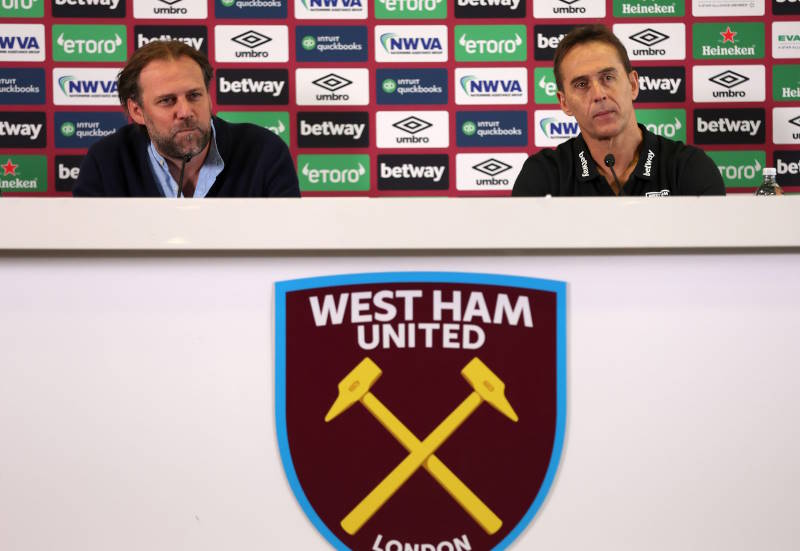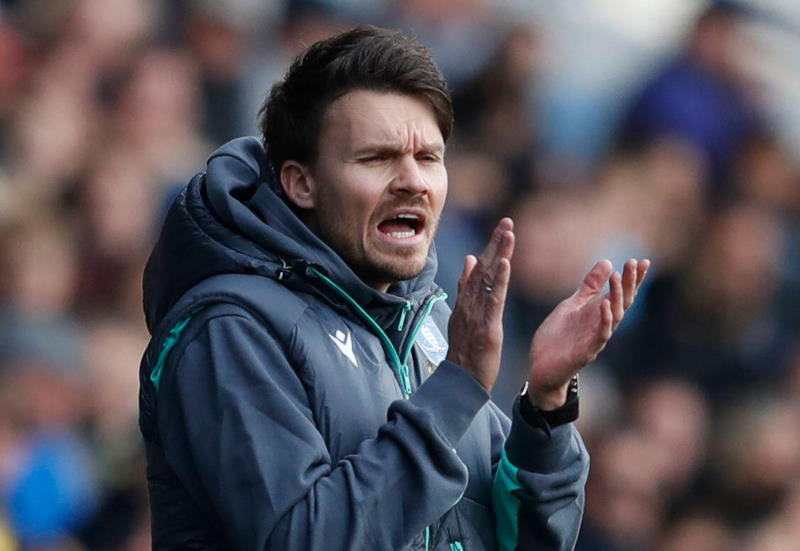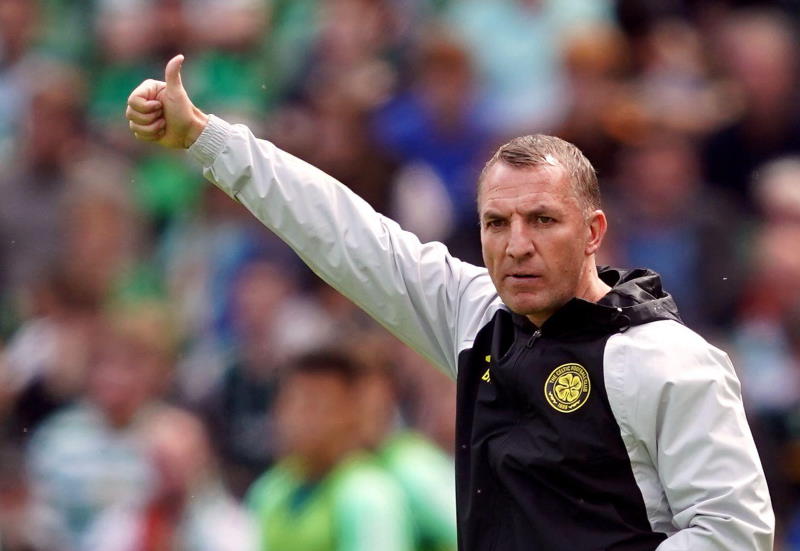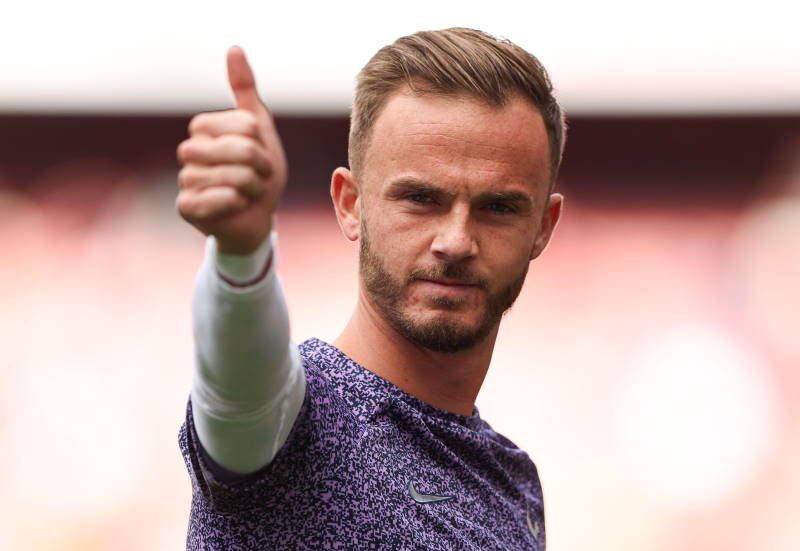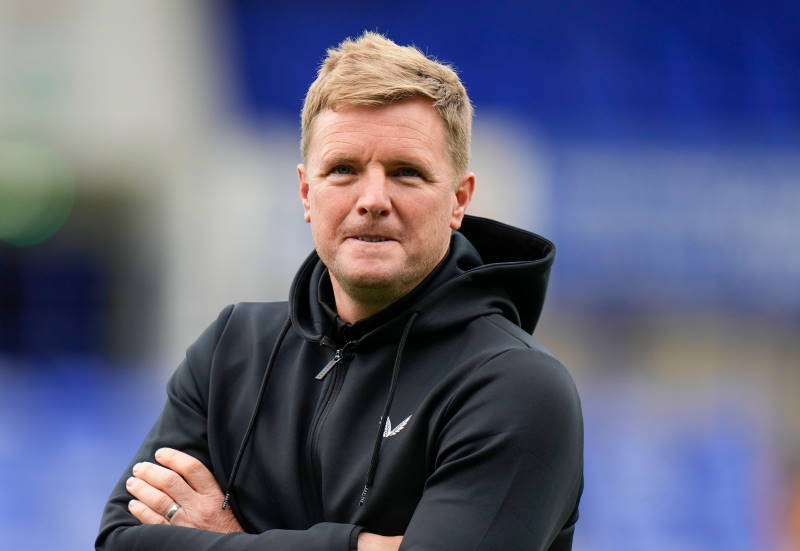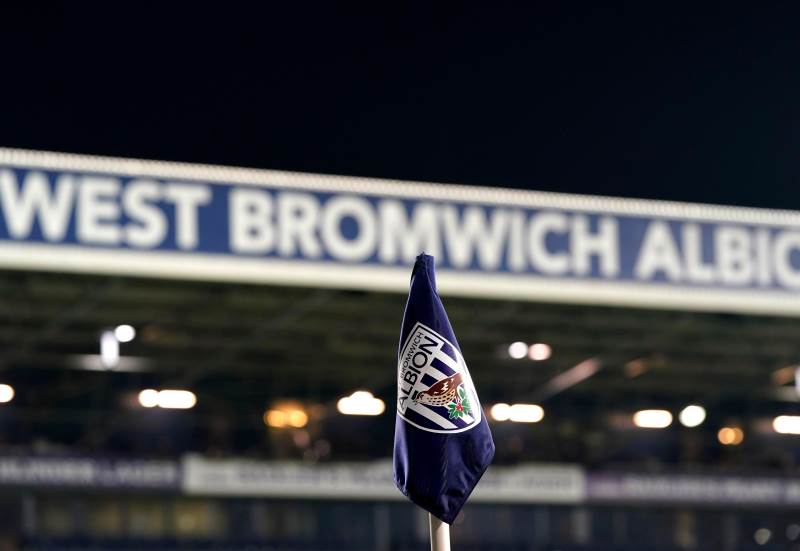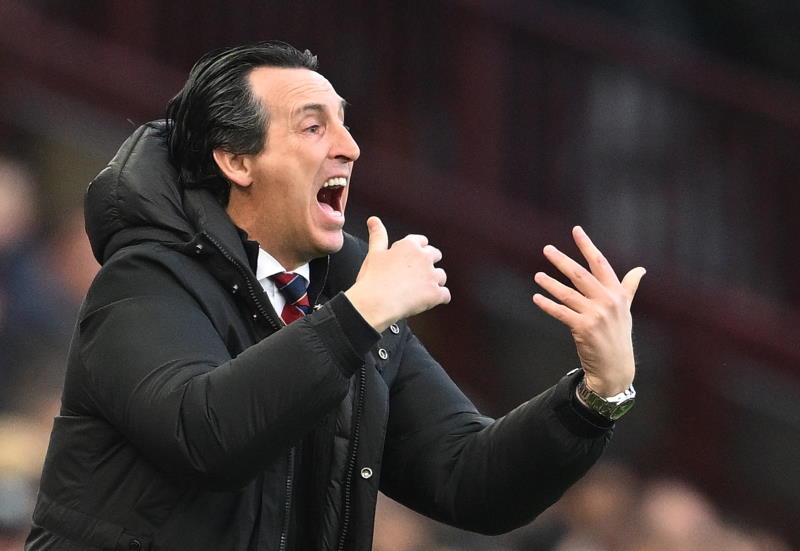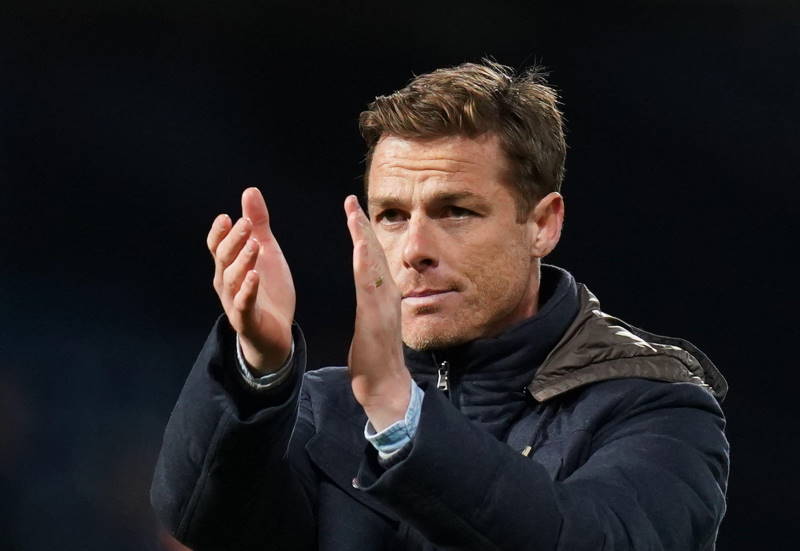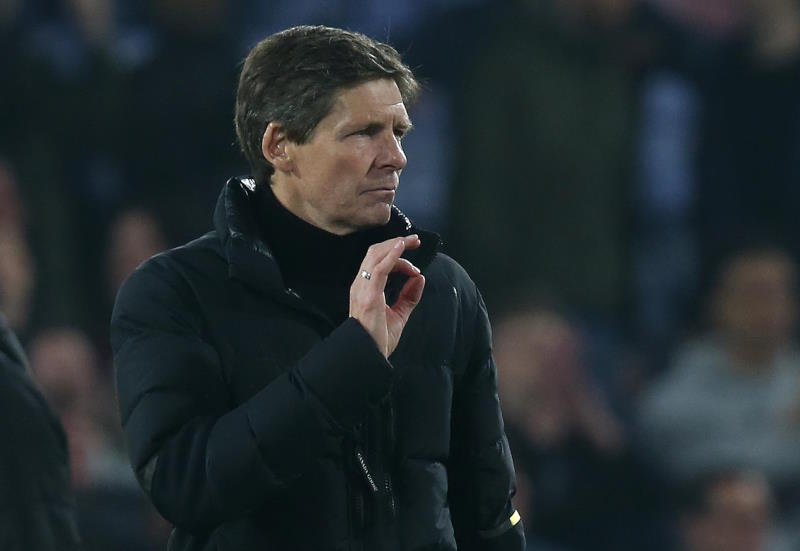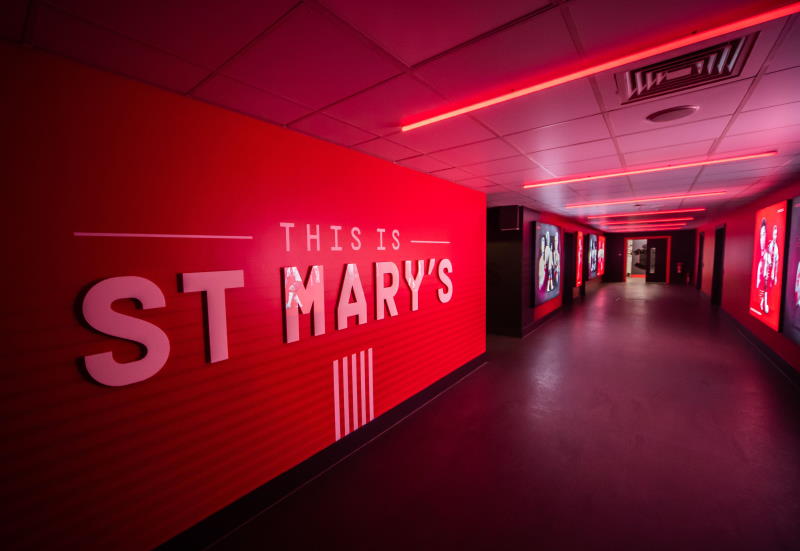
The Premier League sack race is an often exciting sideshow from the main event, an endless game of political intrigue, a stage full of Machiavellian shenanigans and bitchy backbiting amongst the big men at the clubs, providing twists and turns to enliven a dull or quiet week.
Sackings come in all shapes and sizes, from the obvious to the suicidal: sometimes they can be dramatic, like Jose Mourinho’s departure from Chelsea in September 2007; sometimes they are inevitable, like The Special One’s Stamford Bridge predecessor Claudio Ranieri, a catch-22 that earned the Roman a great deal of sympathy; and sometimes they are the result of panicking directors aiming to get a quick-fire response to dig their club out of trouble, usually the threat of relegation. It is the latter category that Phil Brown’s sudden exit from struggling Hull City seems to come under.
However, this is not the normal dismissal that a skittish board of directors would commit.
Firstly, though Hull’s form has been bad for a long time, the timing is most peculiar. Adam Pearson, the chairman who returned in October last year, is rumoured to have lost faith in Brown long ago, so it is quite odd how he has chosen to act only now, particularly as the run-in for the Tigers is not too difficult. With the axe falling in the middle of March rather than in early to mid-season, when the transfer window is closed, most big managers are already employed or eyeing up next season’s potential big vacancies, and with only eight league games left, unemployed or available managers will be more reluctant than usual to commit themselves to a new (salvage) mission. The Tigers are sitting three points from safety in the Premier League, and with a distinct lack of form, a weak squad and major money worries, would not look an appetising prospect to an ambitious young manager such as Mark Hughes, whom they have allegedly unsuccessfully tried to woo to their sinking ship, and only an experienced middle-ranking manager, or a long-neglected veteran eager to get back into the limelight would consider a shake of a dice heavily loaded against them.
Riding to the attempted rescue is one such man, Iain Dowie, the ex-Crystal Palace, Charlton and QPR manager who has a decidedly mixed record, especially in the Premier League. The speed of the move smacks of desperation, the late timing of the managerial chopping and changing and that they have settled on a dubiously proven manager is again indicative of Hull’s limitations, financially, in a footballing sense and timewise. Such a move is likely to be greeted with lukewarm enthusiasm and severely curtailed hope by Hull fans, and does seem to point to a vision of a Championship campaign for next season at the least.
With an inability to bring in any new players – bar a few free agents who, even if they were potential saviours with international experience, would have a minimal impact as they would need a good few weeks to gain match fitness – what is required is a short-term upturn in fortunes to retain the cherished Premier League status, so a good motivational man-manager would be needed. But these are in short supply, and the few around would have needed a hell of a lot of convincing to go to the KC Stadium, and with such a short time frame in which to act, the more favoured names among the fans, such as Alan Curbishley or Terry Venables (who did a similar rescue act with Middlesbrough nine years ago) may not have fancied blotting their copy-books with likely relegation in May.
So with Hull seeming to be planning for the medium- to long-term, and going for a manager who, if he can’t keep them up, could maybe take them back to the Premier League as soon as possible, they still will meet grave problems.
Hull have serious money problems, with mounting debts leading to an admission from Pearson that relegation would be catastrophic for the club, feeding fears among fans of a potential Portsmouth style situation on Humberside dragging them back down to the lower regions their recent massive developments had allowed them to escape. With these financial strictures meaning their few good players – Stephen Hunt, Boaz Myhill, Jimmy Bullard and maybe one or two others – would have to be sold, with little room for replacements, some big wages still resident and not much money coming in from the sales (Bullard is in his thirties, so has little resale value, but his wages would need to be jettisoned), the spectre of administration would loom large indeed, making an already toxic mix of circumstances more ominous. Should Dowie decide to leave on discovering the full extent of the problems (he has had very short spells at QPR, Charlton and Coventry since his success in taking Crystal Palace to the Premier League), there would not be too many of the up-and-coming managers in the lower leagues who would risk it all to take over at the KC Stadium.
Strangely, Phil Brown does not come out of this episode too badly; though he’s left the club in a precarious position with his overspending and possible underachieving – this season at least – the opaque financial state was hardly his fault, and ultimately his historic success in bringing Hull to the top table of football and the initial eye-catching wins overshadows the later decline and fall into the dogfight with relegation (and other managers). He has established decent enough credentials to manage a lowly Premier League side or a decent Championship team, and it would be more likely to see his orange features than the orange stripes of Hull City against the big sides in seasons to come.
If this last desperate gamble does not pay off, Hull are staring down the barrel of a bleak new future, and the biggest result of their overstretching in reaching the top division for the first time in their history could be to put them down the pyramid for another long stint. An unglamorous club with an inglorious history, an imploding team and constrained purse-strings is a list of ingredients no manager would choose to work with unless left with few other options, and with the effects of the credit crunch beginning to bite in English football’s debt-heavy hierarchy (especially in the administration-plagued lower leagues) the prospects look increasingly distasteful to Tigers fans hungry for a football team to match their illustrious rugby-league neighbours. What was a classic rags-to-riches narrative has turned into a Machiavellian comedy-drama, and looks headed for a Greek tragedy of possibly epic proportions.
Latest Articles:
- – Day I Met Lower League Legend Keith Alexander
- – Nottingham Forest Have New Clough in Davies
- – Top Five Players in England Outside the Premier League

